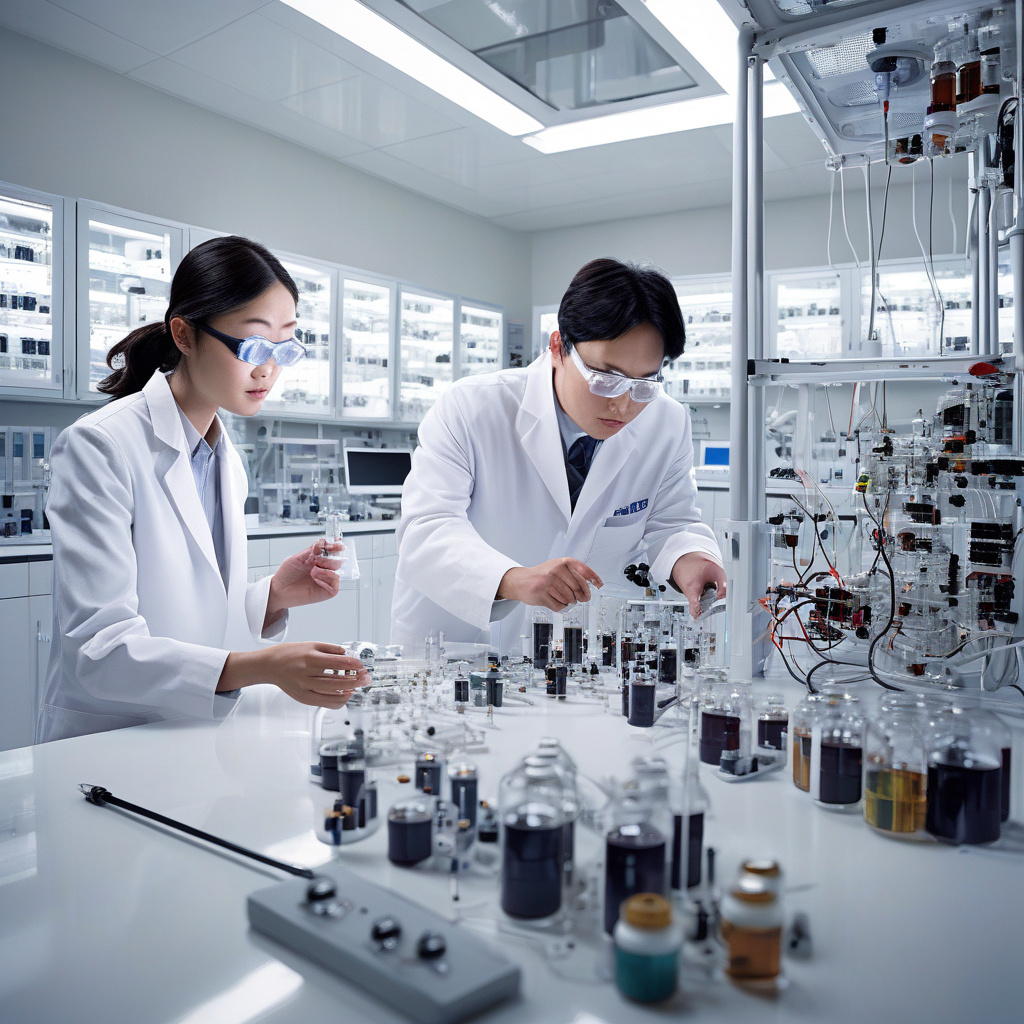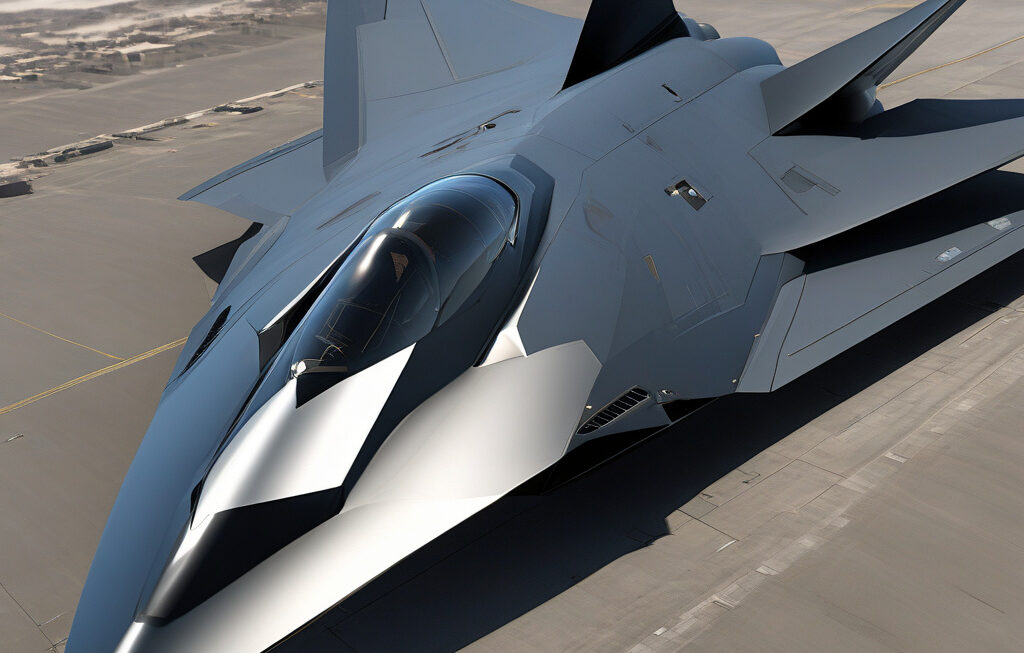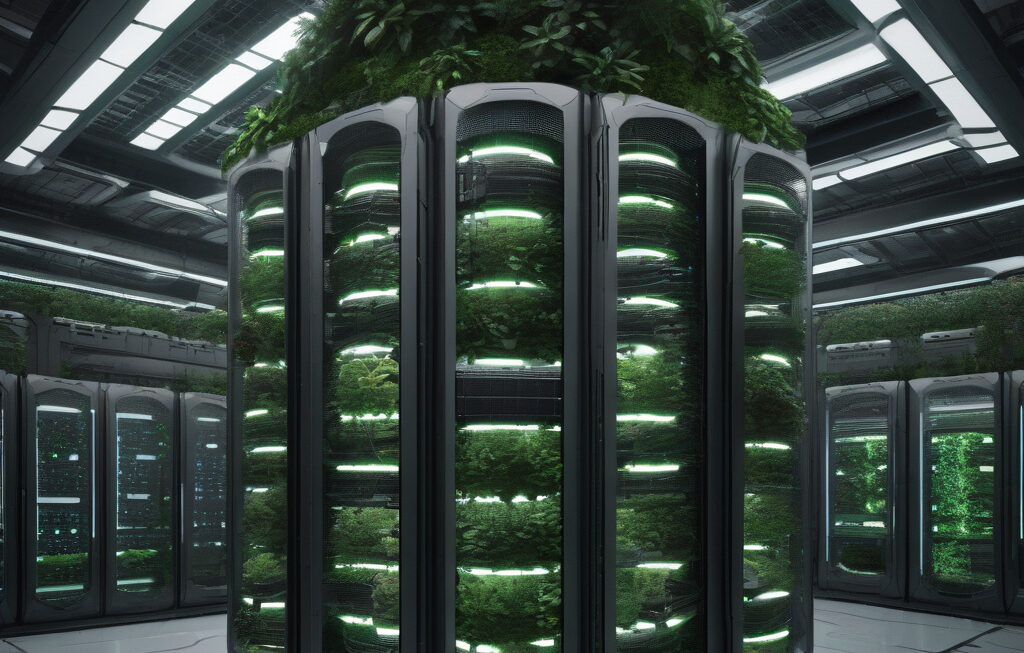Korean Scientists Develop Battery-Killer Supercapacitor with Lightning-Fast Charging Speed
Consumer technology today relies primarily on batteries to fulfill energy needs. Conventional batteries use chemical reactions to store and release energy, but they often come with limitations such as long charging times and a limited number of charge-discharge cycles. However, a groundbreaking development by Korean scientists may soon change the game. They have successfully created a supercapacitor that could potentially outperform traditional batteries in terms of charging speed and longevity.
Supercapacitors, also known as ultracapacitors, are energy storage devices that store electrical energy by maintaining an electric field. Unlike batteries, which store energy through chemical reactions, supercapacitors store energy through the separation of electrical charges. This fundamental difference allows supercapacitors to charge and discharge much faster than batteries. However, their drawback has been lower energy density compared to batteries, limiting their application in consumer electronics.
The newly developed supercapacitor by Korean scientists addresses this energy density issue by utilizing a unique material known as MXene. MXene is a two-dimensional nanomaterial that consists of thin layers of transition metal carbides or nitrides. This material enables the supercapacitor to store more energy while maintaining its fast-charging capability. As a result, this supercapacitor could potentially revolutionize the consumer electronics industry by providing a power source that combines the best of both batteries and supercapacitors.
One of the most notable features of this battery-killer supercapacitor is its incredibly fast charging speed. While traditional batteries can take hours to fully charge, this supercapacitor can reach full capacity in a matter of seconds. Imagine being able to charge your smartphone or electric car in just a few seconds, eliminating the need to wait for hours to power up your devices. This speed could significantly enhance the user experience and convenience of consumer electronics.
Moreover, the longevity of this supercapacitor is another impressive aspect of this innovation. Unlike batteries that degrade over time with repeated charge-discharge cycles, supercapacitors can withstand hundreds of thousands to millions of cycles without significant degradation. This means that devices powered by this supercapacitor could potentially have a much longer lifespan, reducing the environmental impact of electronic waste.
The implications of this breakthrough extend beyond consumer electronics. The high power density and rapid charging capability of this supercapacitor make it an ideal candidate for various other applications, such as electric vehicles, renewable energy systems, and medical devices. By providing a reliable and long-lasting power source, this supercapacitor could drive innovation across industries and pave the way for a more sustainable future.
In conclusion, the development of a battery-killer supercapacitor by Korean scientists represents a significant leap forward in energy storage technology. With its lightning-fast charging speed, high energy density, and exceptional longevity, this supercapacitor has the potential to revolutionize the way we power our electronic devices. As we look towards a future that demands faster, more efficient, and environmentally friendly energy solutions, this innovation could be a game-changer in powering the world of tomorrow.
#Supercapacitor, #EnergyStorage, #KoreanScientists, #Innovation, #ConsumerElectronics












